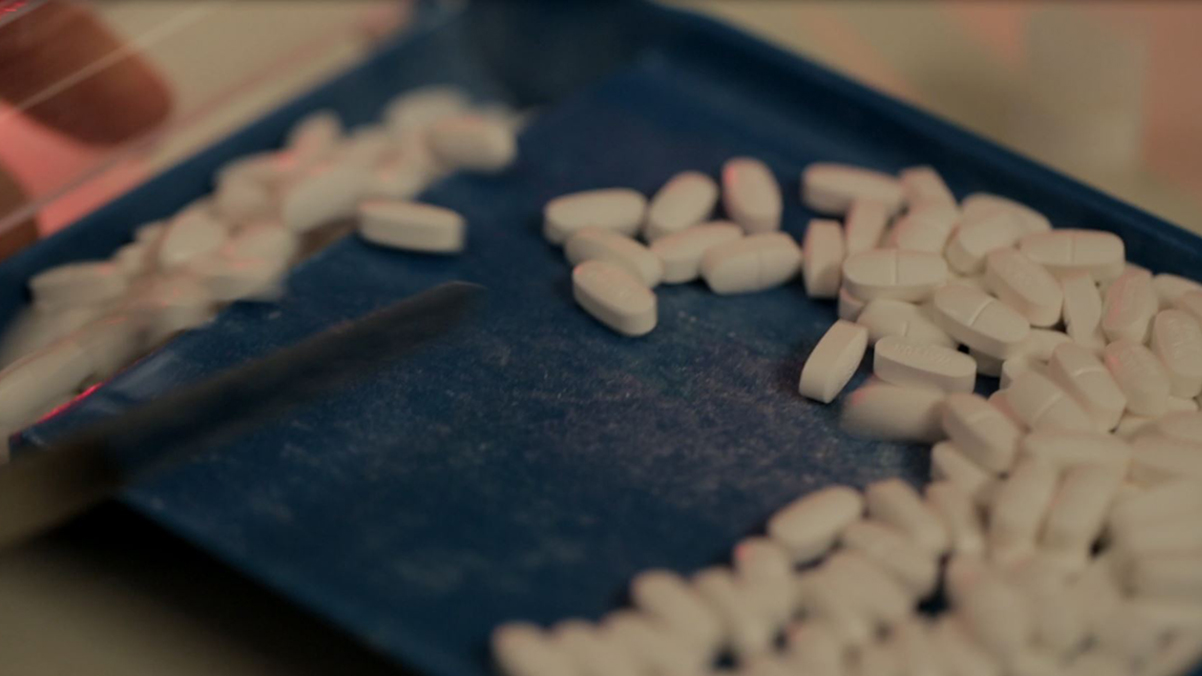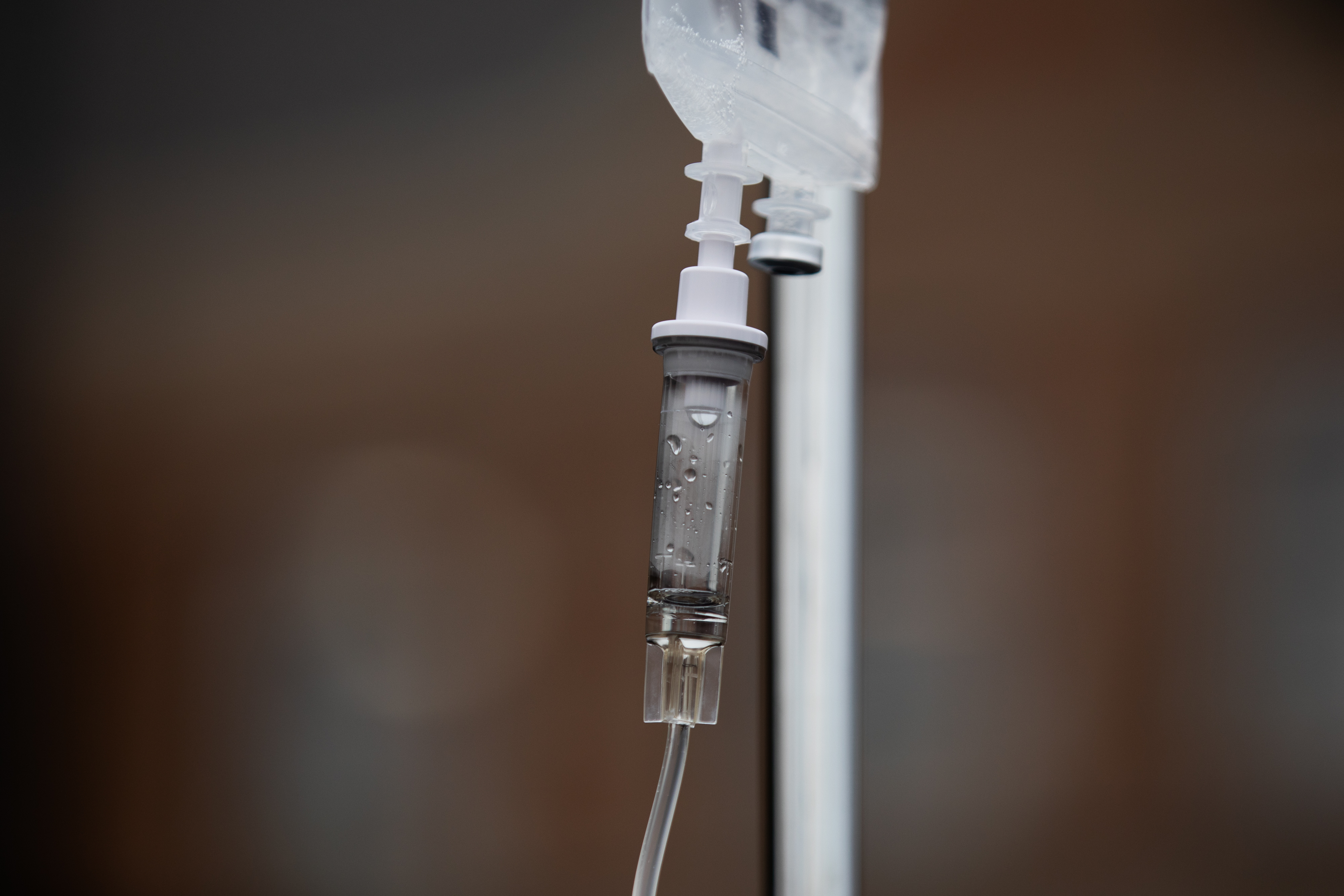The doctor behind a breakthrough New York City-based cancer study said that the astounding results are unlike anything he — or anyone — has seen before, as some of the patients who benefitted from the experimental drug spoke for the first time as well.
Four cancer survivors stood shoulder to shoulder with the two doctors credited with saving them. The patients — 18 in all, including six more that were included Monday and another one Tuesday — participated in a small clinical trial through Manhattan’s Memorial Sloan Kettering. Each had a specific form of rectal cancer, and took an experimental cancer drug called Dostarlimab.
Now, of the 18 enrolled patients, 14 are in complete remission, cancer-free with minimal side-effects. The incredible, groundbreaking study was reported Sunday in the New England Journal of Medicine.
Get Tri-state area news and weather forecasts to your inbox. Sign up for NBC New York newsletters.
"I have never seen anything like this before and I think this is the first time we’ve seen anything like this in cancer treatment," said Dr. Luis Diaz, who co-led the trailblazing research backed by drug maker GlaxoSmithKline.
The drug has the potential to be a game changer for people battling certain types of cancer, even if it was only used on a small group with a cancer its early stages and with a rare mutation as well. Doctors want to repeat the results with a larger group, saying its too early to say that the cancer is permanently gone.
The patients don’t need convincing though. In a video the hospital produced, they called what happened a miracle.
"The world just stopped for a second and I couldn’t believe it," said Avery, one of the clinical trial patients.
"The first thing I did, I called my mom and we both cried. It was life changing," said fellow patient Imtiaz.
Dostarlimab is an immunotherapy drug typically used to treat endometrial cancer. This study was the first time it was used to battle rectal cancer tumors. Usually, patients with rectal cancer must endure surgery and chemotherapy — but there was no need for either of those after patients took the drug.
Two years later, each of the patients is cancer free, with no trace of cancer whatsoever anywhere in their bodies. The results that have their physicians equally as excited, and ready to see how else this drug could help.
"This in example how 30 years ago, there was laboratory research done and we are benefitting from it now. It speaks to the fact that we need more fundamental basic science," said Dr. Diaz.
CLARIFICATION:
This story has been updated to clarify and correct the numbers provided by the Memorial Sloan Kettering team.



